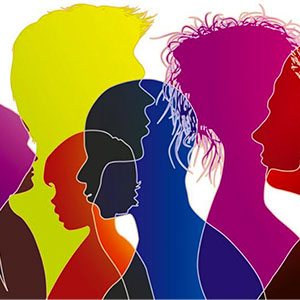Intercultural Counselling
Intercultural Counselling can be defined as a relation of professional help for individuals coming from different linguistic and cultural realities, where Italian or English is not necessarily the official language, although one or both languages can be used during the sessions. With this type of counselling relations are evaluated both on a personal and on a cultural level. Therefore, clients’ narratives presented during the sessions are evaluated in their totality, taking into account not only client’s personal perceptions but also the social contexts in which they are situated. The sessions primarily aim at raising awareness about own behavioural dynamics deriving from the collective, political and family contexts; at exploring own communication skills deriving from those contexts; and at acknowledging how own cultural beliefs can influence the meaning attached to behaviours and actions, which in turn can be formulated and changed according to the personal interpretation of socio-cultural messages; and finally at remodelling own beliefs and attitudes in accordance with the new contexts. The ultimate objective of the sessions is that of re-constructing together with the client, an emotive-cognitive-cultural framework of reference that can be beneficial for relating with self and others. This modality of counselling can be particularly useful for issues related to intercultural communication, cultural identity, culture shock, discrimination, integration and prejudice.
SUGGESTED READINGS
- Dupon-Joshua, A (2003). Working inter-culturally in counselling settings. London: Routledge.
- Sue, D. W. & Sue, D. (2008). Counselling the culturally diverse: theory and practice. 5th ed. New Jersey: Wiley.



